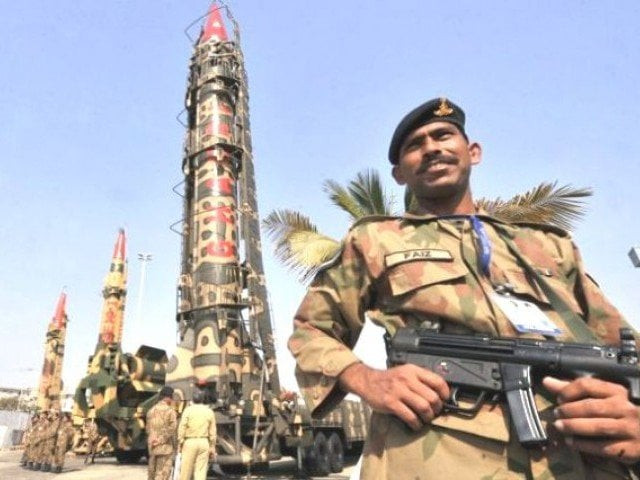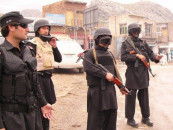Nuclear non-proliferation: Pak-EU engagement termed an effective instrument
Sassi University Director General said Pakistan-EU strategic dialogue will lead towards a positive outcome.

Sassi University Director General Dr Maria Sultan in her opening remarks said Pakistan-EU strategic dialogue will lead towards a positive outcome. PHOTO: FILE
Experts at a dialogue here on Monday discussed the nuclear non-proliferation challenges for Pakistan and South Asia, said a press release.
The dialogue on “Non-Proliferation and Disarmament Challenges for Pakistan and the Region” was organized by the South Asian Strategic Stability Institute (SASSI) University and attended by security and defence analysts.
EU principal adviser and special envoy for non-proliferation and disarmament Jaeck Bylical said that the EU-Pakistan engagement plan is an effective instrument to counter the threat of nuclear proliferation and global challenges in this domain.
Sassi University Director General Dr Maria Sultan in her opening remarks said Pakistan-EU strategic dialogue will lead towards a positive outcome.
She emphasized that the Indo-US nuclear deal has created serious security concerns for the stability of the region.
While speaking on the occasion, Defence Secretary Asif Yaseen Malik stated that the increase in the Indian defence budget was equal to the entire defence budget of Pakistan. He added that Pakistan continues to believe in minimum deterrence and engaging on non-proliferation with the rest of the international community.
Pakistan’s commitment to nuclear security framework is a testament to this, he added.
Published in The Express Tribune, June 17th, 2014.



















COMMENTS
Comments are moderated and generally will be posted if they are on-topic and not abusive.
For more information, please see our Comments FAQ